房价、土地收益与宏观经济运行—中外比较的视角
House Prices, Land Revenue and Macroeconomic Performance
-
摘要: 基于国外房价快速上涨的最新研究文献,通过对美国与欧洲等十余个发达国家自1880−2010年间房价变动规律的描述,从供给和需求角度讨论房价变动与建筑成本变动、土地价格变动之间的关系,可得出结论:房价快速上升并不存在于工业化和城市化的全过程,而是出现在20世纪50年代之后的现象。房价快速上升的背后是产业和人口在少数明星城市集聚的结果,体现了现代高科技产业、互联网通信产业以及金融等现代服务产业在大都市集聚能够带来更大效率提升的特征。住房不仅具有满足人们消费需求的功能,还具有满足人们长期投资和短期投机需求的功能。结合中国自1998年住房制度改革以来一、二、三、四线城市房价波动的数据,以及中外城市房价上涨与土地收益之间的关系,可揭示出中国房价上涨的内在机制:房价上涨导致的土地收益增加影响中国经济的结构效应和收入分配效应,同时房价上涨对中国实体经济增长带来了“挤入”“挤出”效应和金融风险的集聚。必须在短期和长期两个维度上实施房地产市场理性发展的对策。Abstract: This paper investigates the relationship between housing prices and land revenues by comparing empirical facts from dozens of industrialized countries during 1880−2010 and Chinese housing markets across different tiers of cities since the housing system reform in 1998, and analyzes the inherent mechanism of real estate price appreciation. Moreover, we discuss the implications of housing and land price boom on economic growth, structure change and income inequality, with extensive focuses on crowding out real sectors and accumulating aggregate risks. Finally, we study the policy implications of developing a rational housing market, meeting targets in the short term as well as in the long term.
-
Key words:
- housing price /
- land revenues /
- macroeconomic /
- real estate market
-



 下载:
下载:
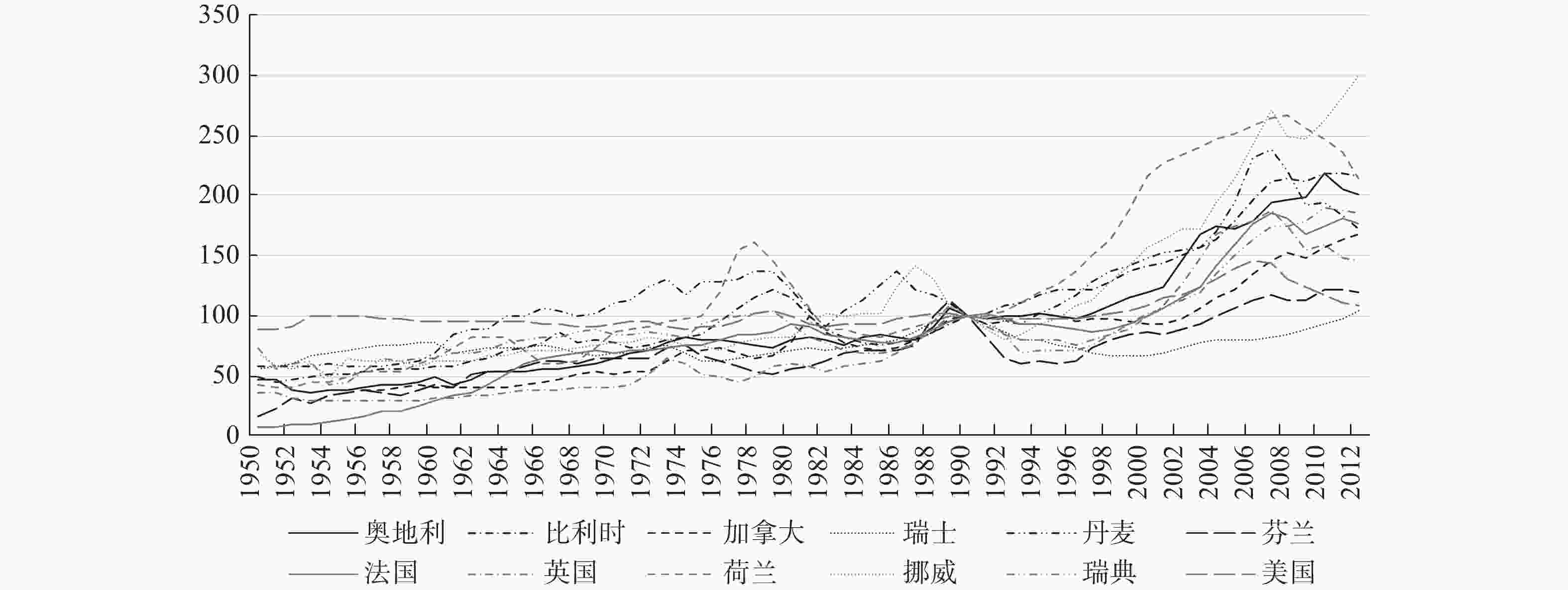
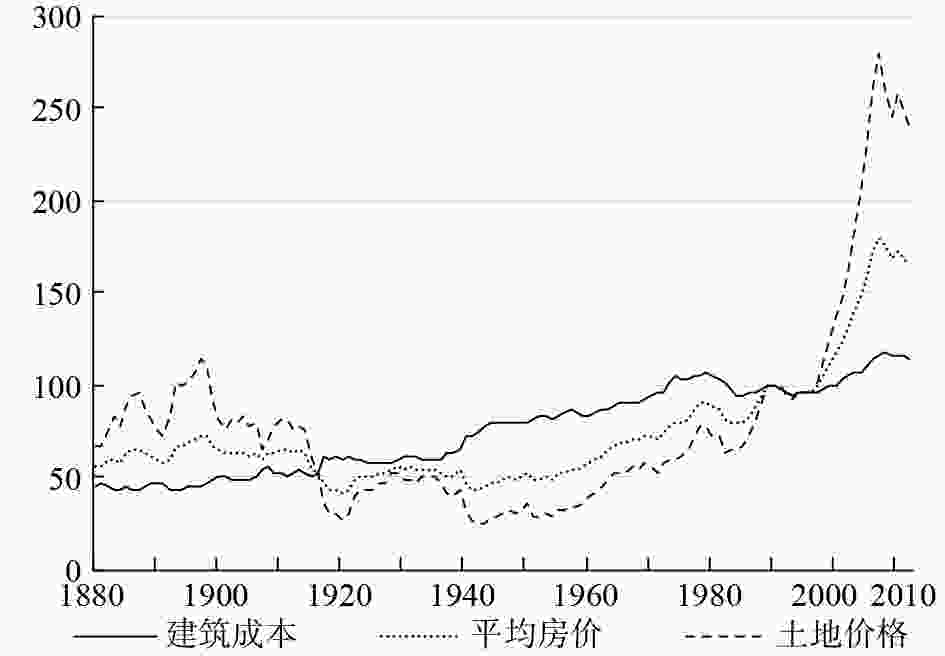
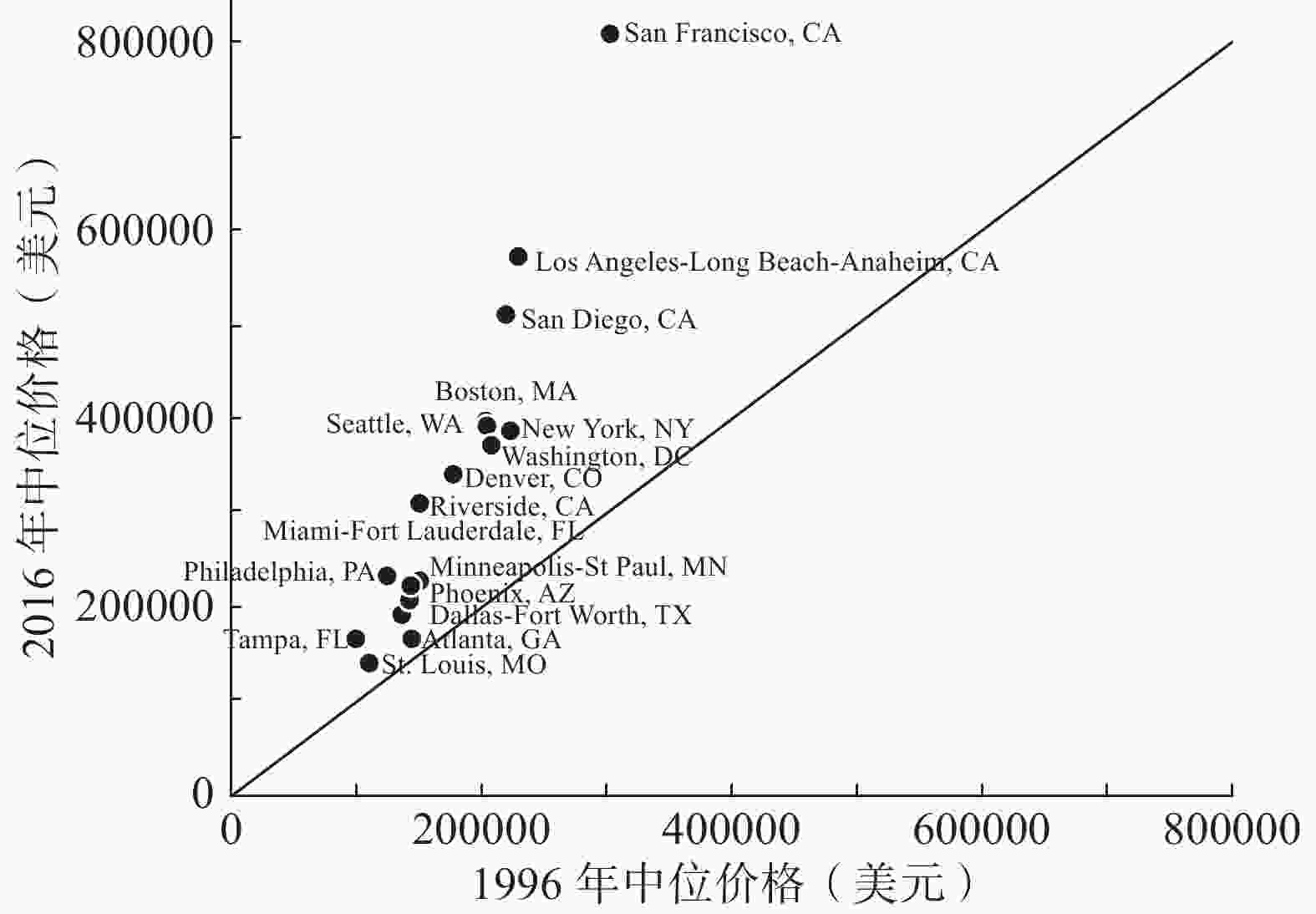
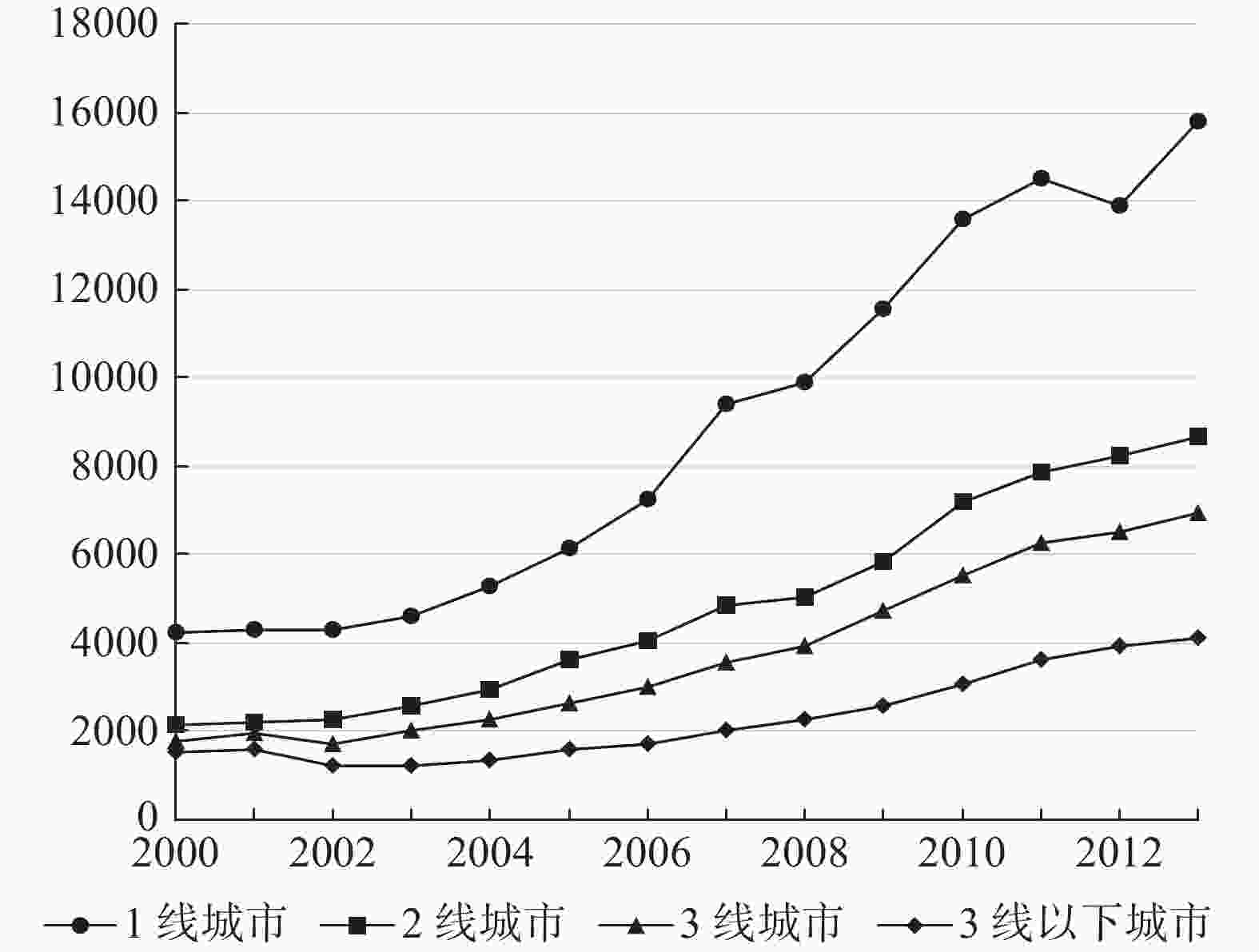
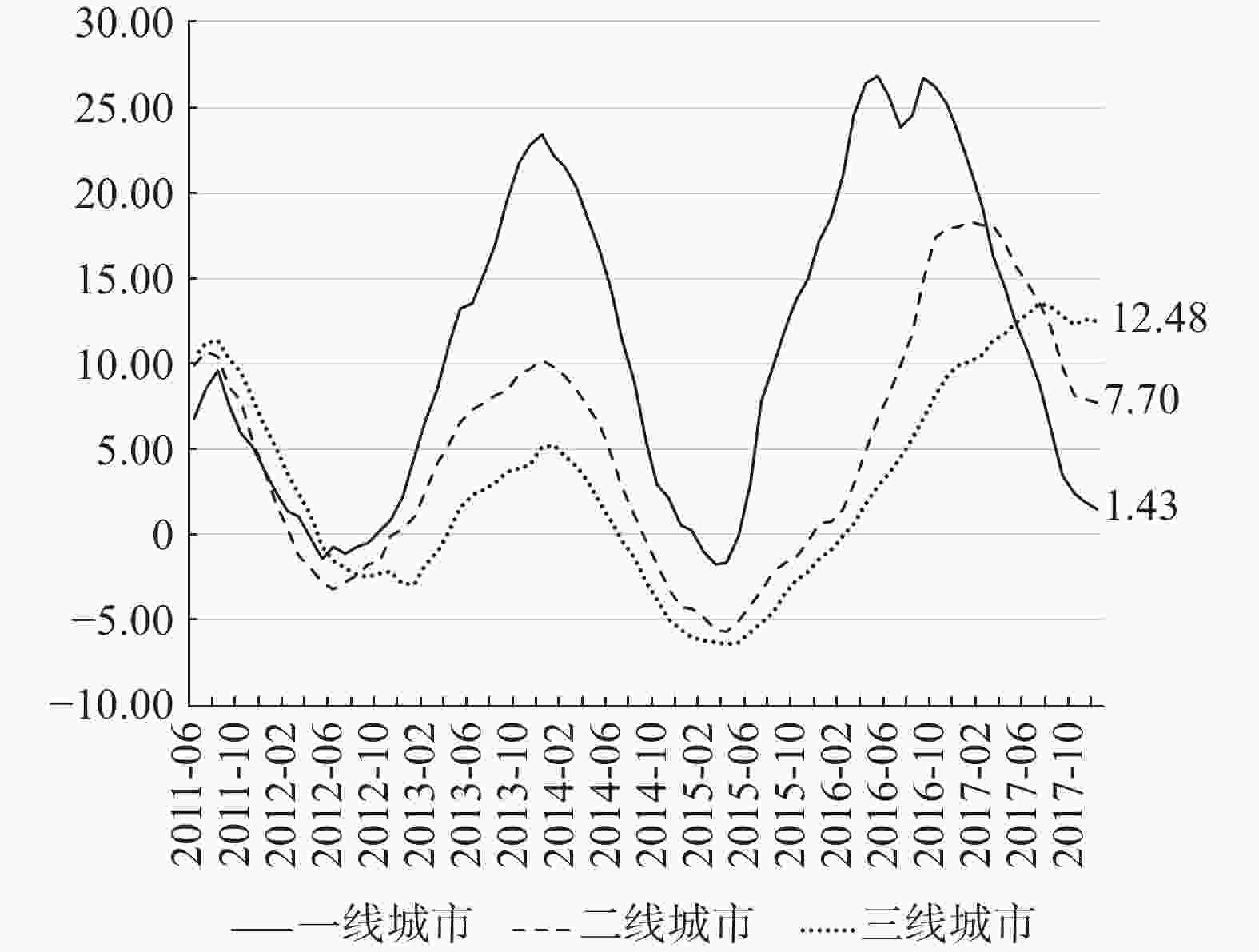
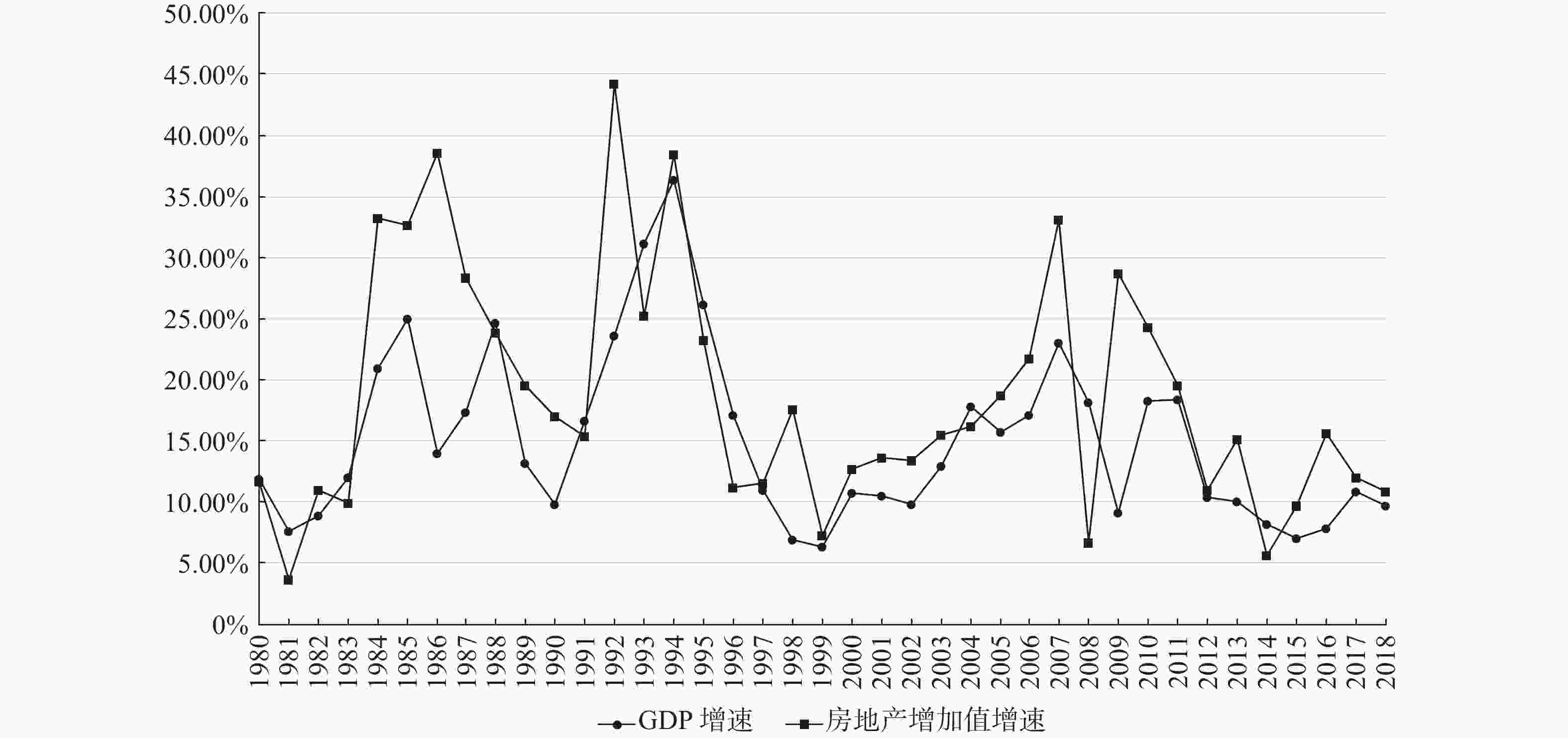



 沪公网安备 31010102003103号
沪公网安备 31010102003103号